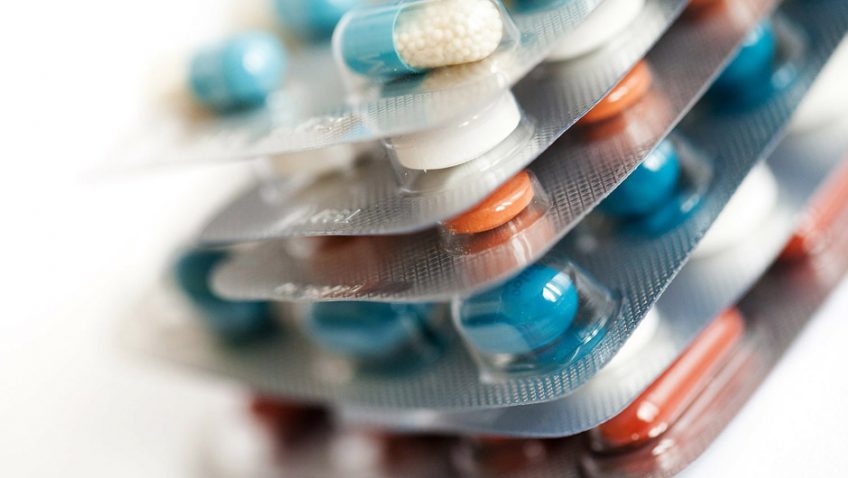It has been suggested that we are soon to be approaching what is being called as a “post-antibiotic era” – as bacteria adapts, it’s finding ways to survive the effects of antibiotics becoming ‘antibiotic resistant’. This means that the drug no longer works and the more it is used the more the resistance will build. This could change antibiotics as we know them forever, and is causing a major threat for healthcare across the world.
If we don’t have effective antibiotics to help prevent or treat infection, then some surgical operations could become high-risk procedures or even become unavailable due to the increased likelihood of resistant infections. The overuse of antibiotics is the most common cause of drug-resistant bacteria and although many people want antibiotics to treat viral infections, they only treat bacterial infections. According to Public Health Matters 25,000 people die every year in Europe because of infections that are resistant to antibiotics.
Losing effective antibiotics will be taking us back many years ago. With no new class of antibiotics hitting our shelves one wonders if they ever will do so. That may just cause added pressure for those people in the medical profession to discover new medicines that won’t simply just replace the old ones and once again become ineffective. The government and pharmaceutical companies have considered ways of tackling this dilemma, but for now we are continuing to rely on what we have and trying to make them remain useful.
Cancer chemotherapy and effective antibiotics work in conjunction with one another. We all know that chemotherapy is a very important part in the fight against cancer but did you know that the producer destroys white blood cells, the cells that we need to fight off infection. Do you see where this is going? Without antibiotics, chemotherapy is going to becoming increasingly dangerous.
One thing that none of us really likes to think about is if we get seriously ill or have to have an operation. Surgery saves lives but complex surgery brings the risk of infection with it. For example, without antibiotics to help procedures such as a heart bypass or joint replacement surgery, people will suffer from serious, increased pain, if the procedures can even take place. In some extreme cases this could lead to more deaths by a bacterial infection.
On top of all this the cost of antibiotic resistance is going to be a considerable blow to the pocket and healthcare expenses are set to increase. Without fast action this cost is going to gradually increase and not only cut into our healthcare budgets but affect individual families.
Antibiotic resistance needs to be addressed completely for both the private and public healthcare sector, but there are steps that you can take as well. You should always follow the advice and any guidance given to you by your GP or doctor when you are prescribed. By this, we mean take the correct dosage and make sure you complete the full course of antibiotics even if you are starting to feel better. Practice basic hygiene such as washing your hands; it might not sound like it but this is a way to help fight against infection. Ensure all surfaces are properly cleaned, using cleaning products and wipes from a reputable company, such as Brosch Direct.
Never share antibiotics with someone else either, as this leaves you vulnerable to resistant bacteria.





